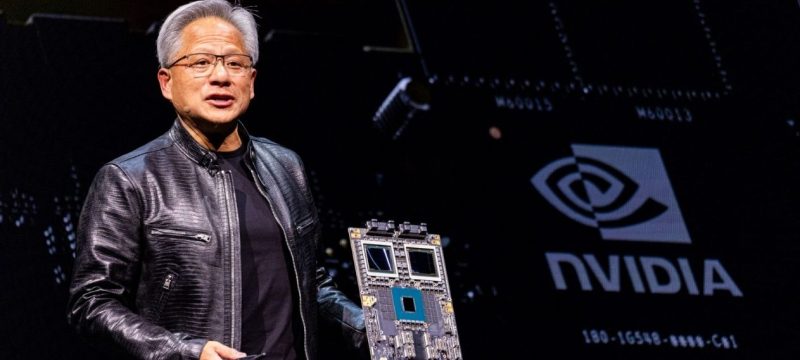Nvidia’s long-dominant position in China’s AI chip market has come to an abrupt end. The company’s CEO, Jensen Huang, revealed that Nvidia has lost all access to the Chinese market, effectively erasing what was once a 95% market share. Speaking at a Citadel Securities event, Huang warned that the move could ultimately hurt the United States more than it benefits, calling the ongoing export restrictions “short-sighted.”
U.S. Export Rules Sever Key Ties
The shift stems from a series of U.S. government export restrictions targeting China’s access to advanced semiconductor technologies. Initially introduced by the Biden administration in 2022, the rules barred sales of Nvidia’s top-tier AI chips to Chinese customers. Subsequent expansions of the policy—building on earlier Trump-era measures—further tightened control over chip exports, allowing only limited licensed sales. Even then, Nvidia was required to surrender up to 15% of revenue from such exports.
With the latest restrictions in place, Nvidia has removed China from its future business forecasts, marking a major strategic retreat from one of its most lucrative markets.
China’s Countermoves
In response, Beijing advised domestic technology firms to avoid Nvidia’s modified chips that comply with U.S. rules, urging them instead to invest in homegrown alternatives. China also introduced export controls on rare earth materials, essential for global semiconductor manufacturing—a move widely interpreted as retaliation.
These steps have effectively shut Nvidia out of the Chinese AI chip ecosystem, which was once one of its largest sources of data center revenue, contributing nearly 25% at its peak.
Global and Strategic Implications
Huang highlighted that around half of the world’s AI researchers are based in China and warned that isolating them from U.S. hardware could diminish America’s leadership in artificial intelligence. Without access to Nvidia’s GPUs, Chinese tech giants are now rapidly developing indigenous chip solutions, potentially fostering a parallel AI ecosystem that operates independently of U.S. technology.
“The policy may end up accelerating China’s self-sufficiency rather than slowing it,” Huang said. He cautioned that the U.S. risks losing influence over global AI development as Chinese firms advance their domestic semiconductor capabilities.
A Redefined Growth Strategy
While Nvidia continues to expand globally, especially in markets like India, Southeast Asia, and the Middle East, the loss of its Chinese foothold represents a fundamental reshaping of the company’s growth strategy. Huang admitted that any future market access in China would be “a bonus rather than a baseline expectation” given current geopolitical realities.
Despite the setback, Nvidia remains the undisputed global leader in AI hardware, commanding over 80% of the market outside China. However, the episode underscores the fragility of tech supply chains in an increasingly fragmented world—and highlights how geopolitics now shapes the future of innovation as much as technology itself.
In other news also read about Why Nvidia Is Pouring Billions Into Elon Musk’s xAI — The $20 Billion Bet on the Future of Artificial Intelligence









